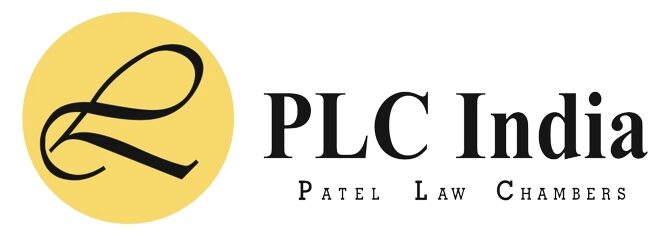The right to freedom of speech and expression under Article 19(1)(a) of the Constitution of India
Justice Amit Bansal said–: The right of publicity cannot be seen as an absolute right in India in the absence of a specific legislation
The use of celebrities’ names or photographs for art, satire, news, or music is acceptable as part of the right to free expression and would not infringe on the celebrity’s right to exposure, according to the Delhi High Court.
The Delhi HIGH Court has ruled – that the use of celebrity names or images for art, satire, news or music is permissible under the right to freedom of speech and expression under Article 19(1)(a) of the Constitution of India, and does not infringe upon a celebrity’s right of publicity.
JUDGEMENT:-
In its judgement, the high court denied interim relief to Dream 11’s company, Singapore-based Digital Collectibles PTE Limited, in its claim against Mobile Premier League and an application Striker. Digital Collectibles operates globally and in India under the brand name Rario.
BACKGROUND OF THE CASE:-
- On February 28, Rario filed a petition in the Supreme Court to prevent rivals MPL and Web 3 fantasy platform Striker from using caricatures and identifiers, such as names and surnames, that it had licenced from some sportspeople under exclusive deals to offer as non-fungible tokens (NFTs) on its platform.
- Rario’s lawsuit claimed that the defendants were “minting and distributing” non-fungible tokens that recorded the photographs of players with whom the plaintiff had exclusive licence agreements.
- An non-fungible tokens is a one-of-a-kind digital identification that cannot be reproduced and is recorded on a blockchain.
- Non-fungible tokens are used to certify ownership and authenticity. In the gaming industry, non-fungible tokens are used to represent in-game items such as weapons or even entire virtual environments. These items can be traded like traditional collectables and generate revenue for game developers.
The court stated that the defendants used the non-fungible tokens technology to ensure security and authenticity as a means of proof of ownership of its cards and to keep a record of transactions on a block chain , stating that Rario cannot claim an exclusive right over the use of an non-fungible tokens technology that is freely available. The use of the name and/or the image of a celebrity along with data with regard to his on-field performances by Offer for sale platforms is protected by the right to freedom of speech and expression under Article 19(1)(a) of the Constitution of India. It is a settled position of law that protection under Article 19(1)(a) extends to commercial speech as well. Therefore, even if the defendants are using players’ names, images and statistics for commercial gain, this would be protected under Article 19(1)(a) of the Constitution of India,” the court said in its order.
The court further stated that the defendants (MPL and Striker) had been operating their game for about six months and that granting an ex-parte injunction order would seriously jeopardise their business, and that the plaintiff’s (Rario’s) motion for exemption from advance service was not genuine.

THE COURT SAID:-
“Even on the balance of convenience and irreparable harm, I am of the opinion that these factors are in favour of the defendants and against the plaintiffs,” An injunction granted at this stage would result in the defendant’s (Striker’s) business being forced to close, causing massive financial losses not only to the defendant but also to the Striker platform’s users.
Justice Bansal in its interim order stated : that the right to publicity cannot be considered a “absolute right in India” in the absence of specific legislation, and that it cannot be violated simply because a celebrity is identified or the defendants (MPL and Striker) make commercial gains.
“The extent of the right of publicity also has to be considered in the context of the ‘right to freedom of speech and expression’ protected under Article 19(1)(a) of the Constitution. Even if the right of publicity were to be considered to be an absolute right in India, it still must be subservient to Article 19(1)(a),” the court noted.

Recent Comments